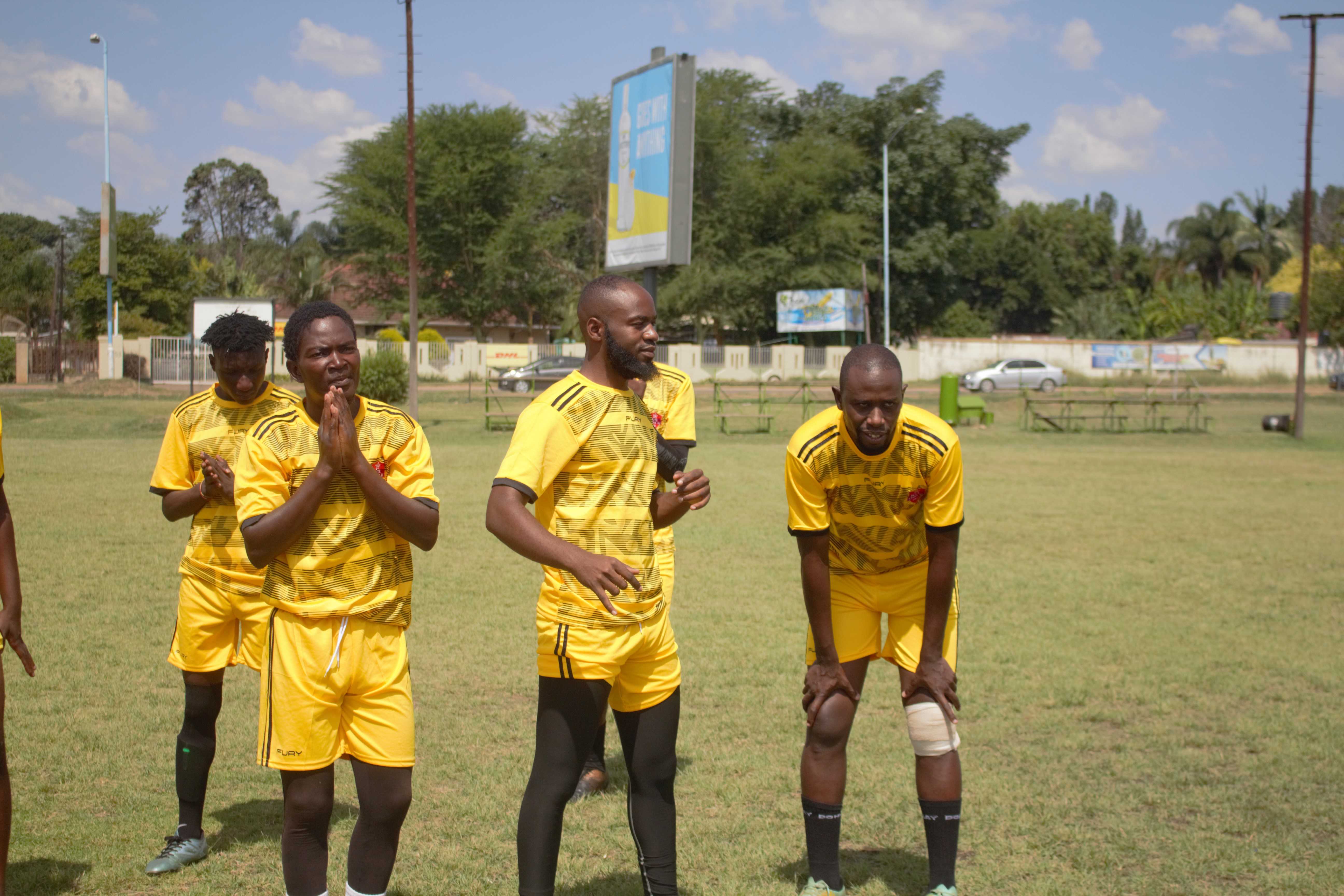
Oscar J Jeke
Zim Now Reporter
In the dusty fields and cracked concrete courts of Zimbabwe's high-density suburbs, a different kind of treasure lay hidden – uncut diamonds of talent. These are the ghetto footballers, their dreams shimmering with the same brilliance as a flawless gem, yet shrouded in the harsh reality of limited opportunities.
Their stories are a poignant narrative of potential strangled by circumstance. They are the boys who sweat under the unforgiving sun, honing their skills on makeshift pitches, their laughter a defiant melody against the chorus of hardship. They idolise footballing heroes, their posters plastered on mud walls, a beacon of hope in a world of despair.
But the ghetto is a cruel nurturer. Dreams are shattered by the lack of exposure, the absence of proper training grounds, and coaches who can refine their raw talent. Schools in these communities often turn a blind eye to the beautiful game, prioritizing "proper education" over the potential for sporting glory.
Related Stories
Takudzwa Nhau, a name that could have graced the national team roster, sighs in disillusionment. His idol, once a rising star, now struggles to survive, a stark reminder of the precarious nature of a ghetto footballer's dream. "Looking up to this guy and now seeing what he has become is a pity," he mutters, his voice heavy with disappointment.
The tragedy deepens as we meet Zizo, a 37-year-old former Warriors prospect. His story is etched not on the pages of sporting history, but on the monotonous routine of a security guard's life. His talent, once a dazzling display of footwork and strategy, now dims under the harsh glare of reality. He recounts his glory days, leading his high school team to the provincial championships, only to be defeated by a team with superior resources. The memory stings, a bittersweet reminder of what could have been.
Youngsters like Tafara, a prodigy whose nimble feet could weave magic on the dusty pitch, face an even bleaker future. Surrounded by peers who idolize him, he embodies the fragile hope of ghetto football. Yet, the whispers of doubt are growing. Unlike their counterparts in elite schools with their manicured lawns and international scouts, their chances of escaping the ghetto's grasp seem frustratingly slim.
"Inini ndakatorambidzwa zvebhora," (My father wouldn't let me play football) laments a fourth-form student at Mabvuku High. The societal pressure to prioritize academics over athletics hangs heavy, pushing him towards the long hours of studying and the uncertain promise of a "successful" career.
Meanwhile, schools like Prince Edward and St. John's boast state-of-the-art facilities and international exposure, nurturing talent that will blossom under the watchful eyes of European scouts. This stark contrast underscores the harsh reality – diamonds are scattered across the city, but only a select few are polished and presented to the world.
The ghetto breeds raw talent, a testament to the human spirit's ability to thrive in adversity. Yet, these diamonds remain largely undiscovered, their brilliance buried beneath the weight of circumstance


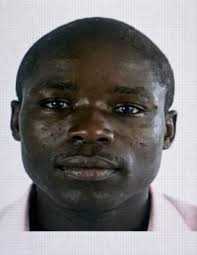




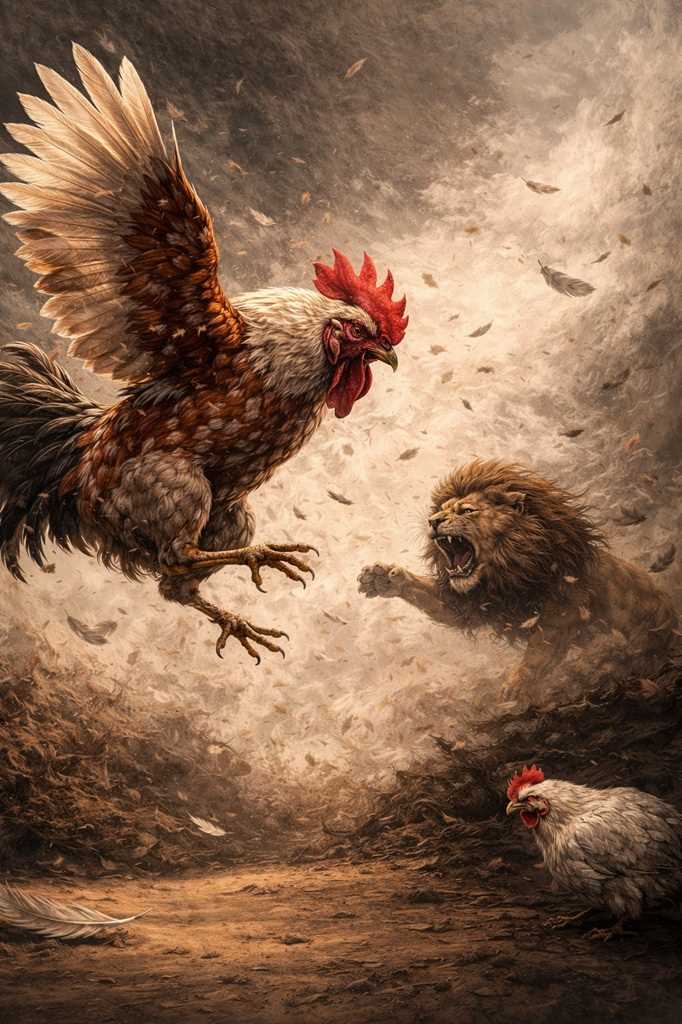


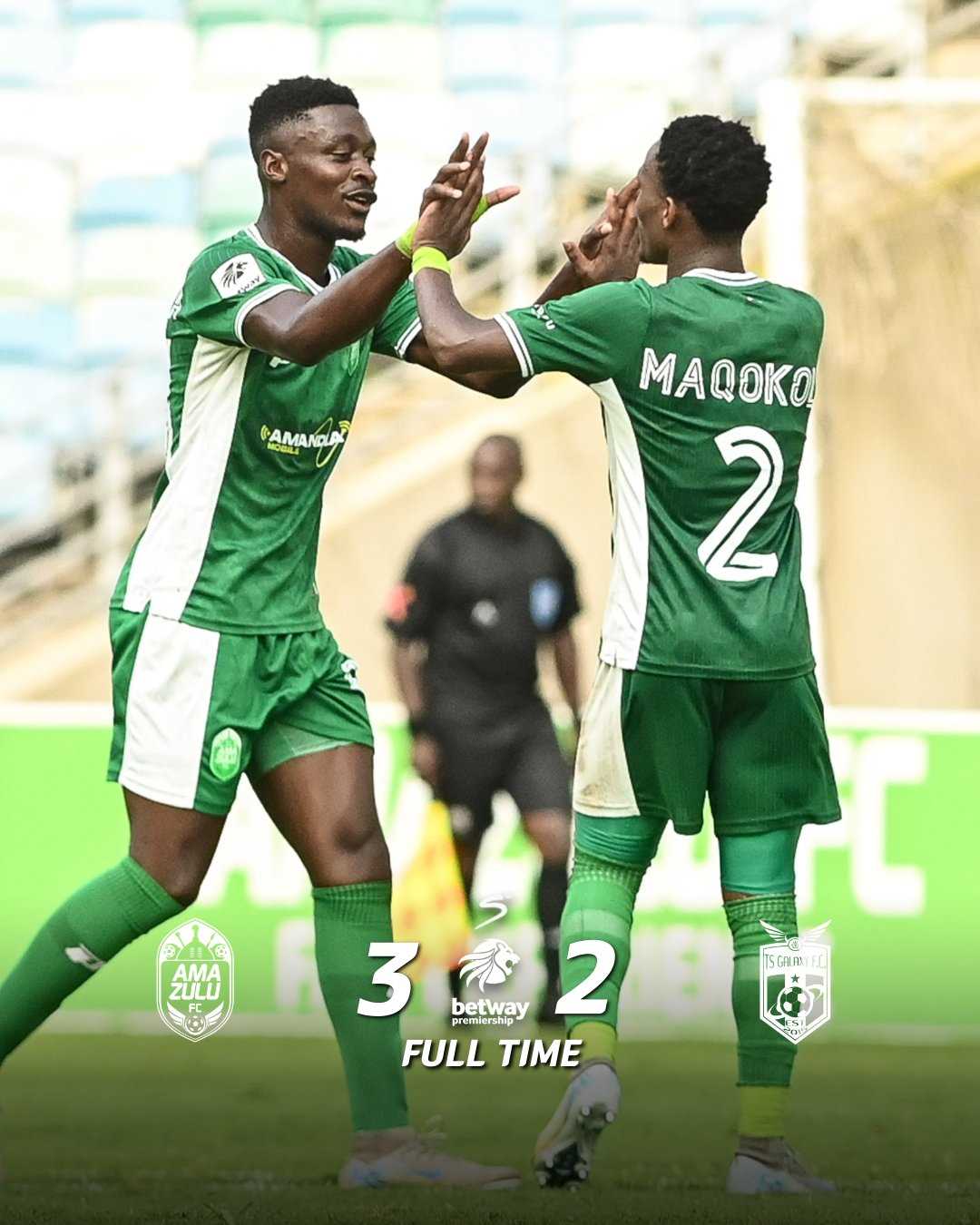

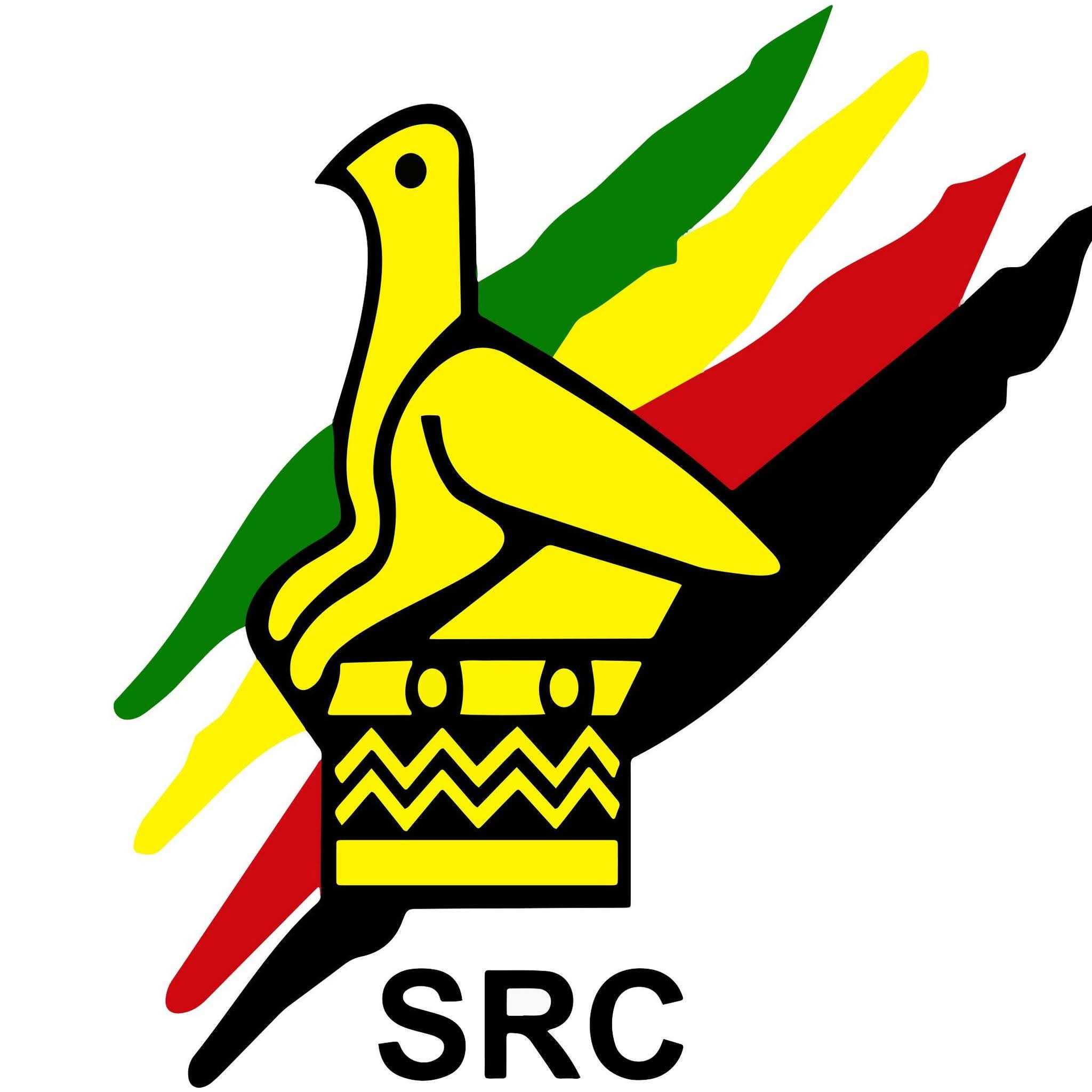



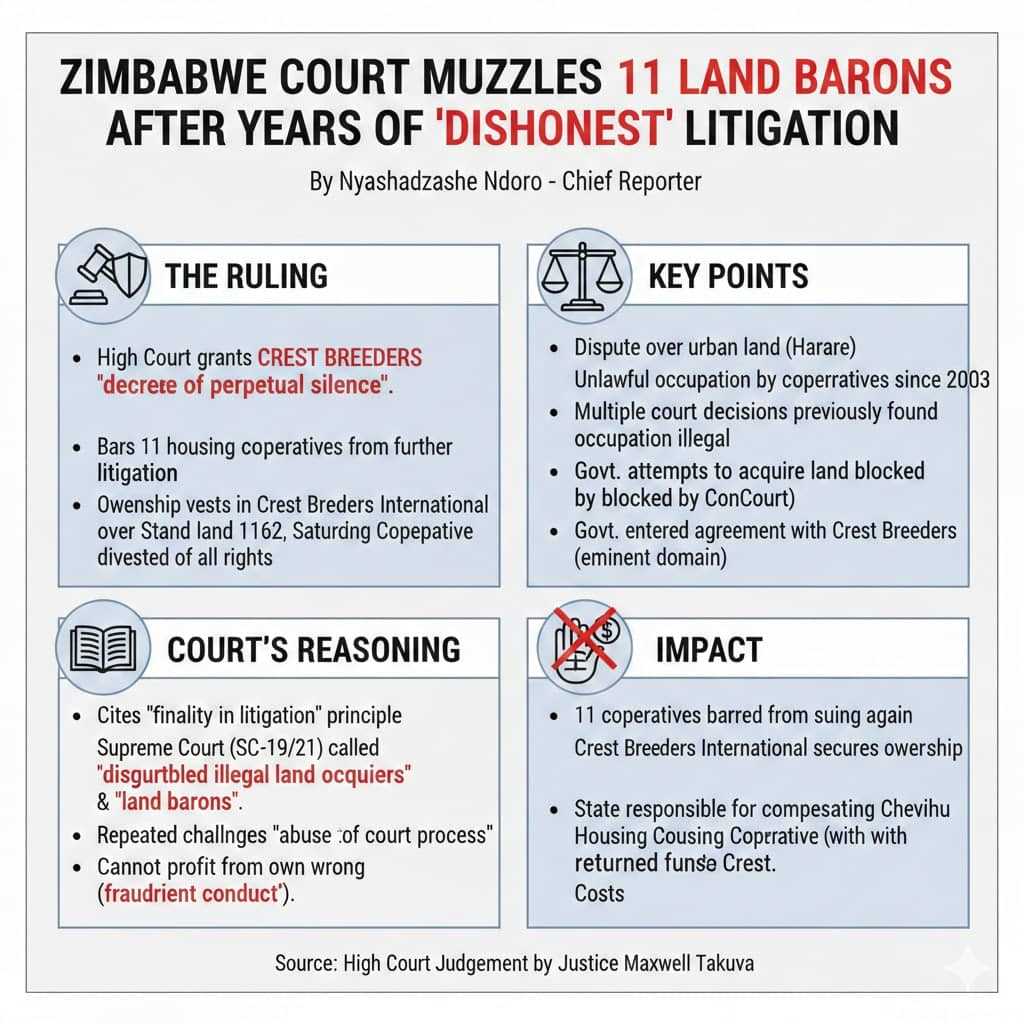



Leave Comments